Building Food Delivery 2.0

Proposition 22 in California brought a lot of attention to the 'gig' economy, conditions for independent drivers and the new ecommerce reality as businesses have hurriedly transitioned to serve consumers sheltered in place.
"Most of the conversation around CA Prop 22 centered on impacts for ride apps like Lyft and Uber, but in these pandemic conditions, the more immediate impacts will be on food deliveries to peoples' homes," said Moin Islam, co-founder and CEO of shipday. "Restaurants and local businesses should be seriously considering the self-delivery option. With minimal investment, they can be quickly on par with leading 3rd party delivery apps, often providing better service while keeping their employees on the job and cutting out those middleman commissions and fees."
As people have been shut in and increasingly ordering their food delivered, an ecosystem of apps and tools has sprung up to facilitate online ordering without commission like ToastTab, ChowNow, GloriaFood, Zuppler, Shopify, Menufy, Wix and other many others. The shipday app facilitates the delivery portion of the process and offers easy integrations with these platforms now including 3rd party marketplaces such as GrubHub, Eat24, and Delivery.com.
New delivery models are emerging. In several markets, restaurants now collaborate on delivery, taking orders independently but using a local third-party local service provider powered by shipday for managing deliveries, connected with easy 'plug and play' interface between the systems.
Restaurants can still receive online orders from these commission-based marketplaces – but they can manage deliveries themselves to reduce commission, provide better service and possibly retain and retrain employees.
Delivery costs will be rising. Given the newly available ecosystem facilitating ecommerce, savvy local businesses and restaurants in particular, should be looking into self-delivery or collaborative delivery solutions to keep bottom lines in the black.
This is essentially creating a new commission-free locally owned, distributed food delivery system connected via APIs – we are calling it Food delivery 2.0.
Index
Ready to get started?
Play around with it first, add your team, pay later.






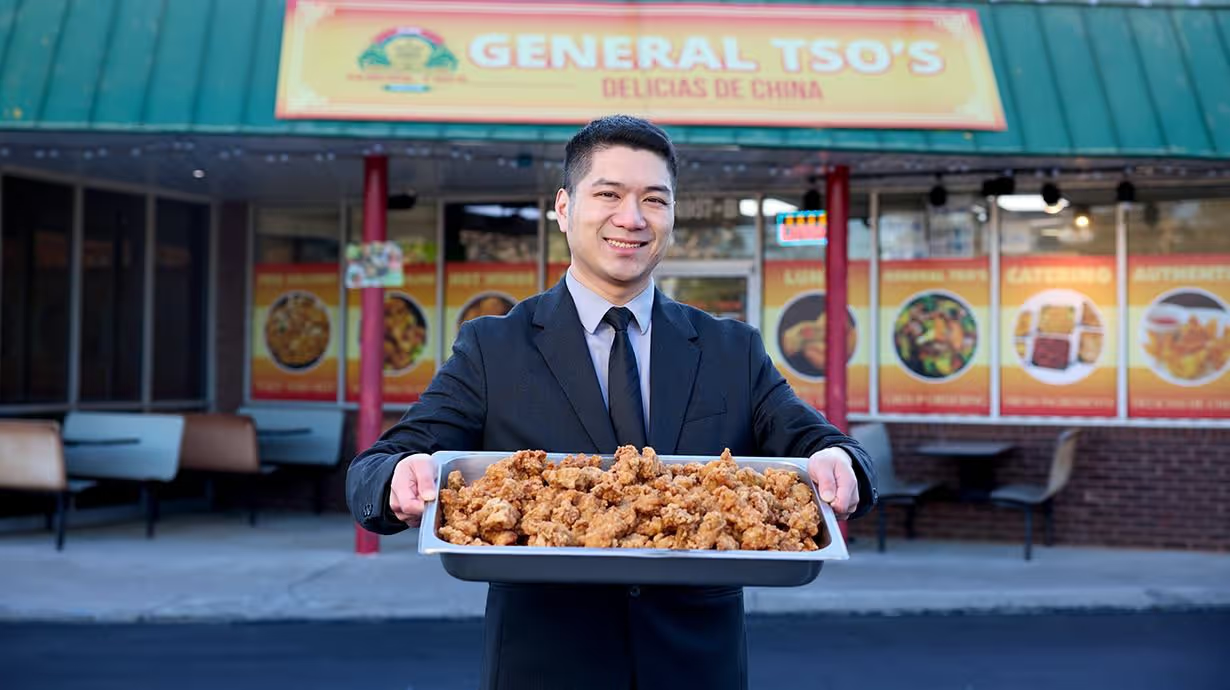
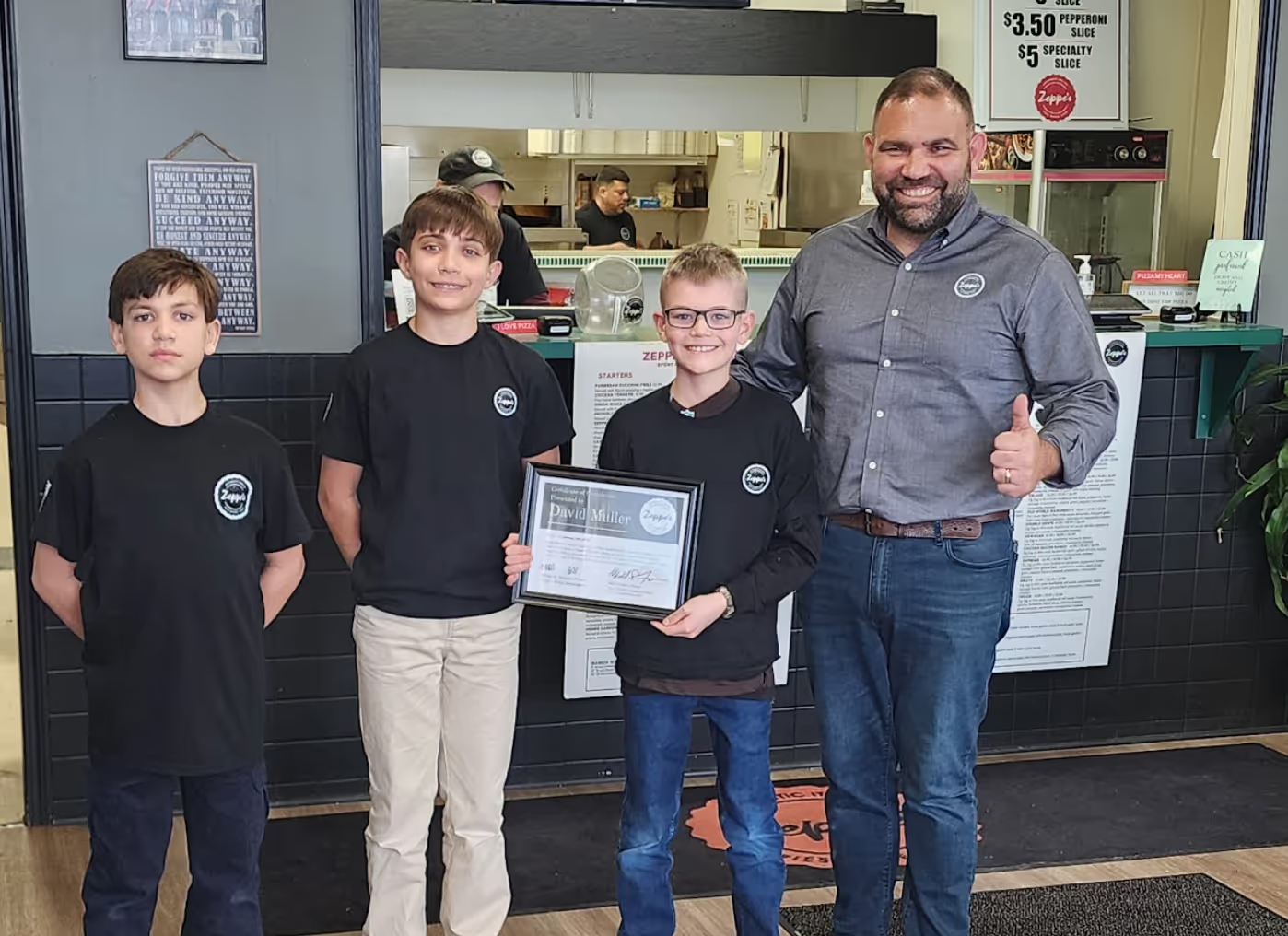
.avif)
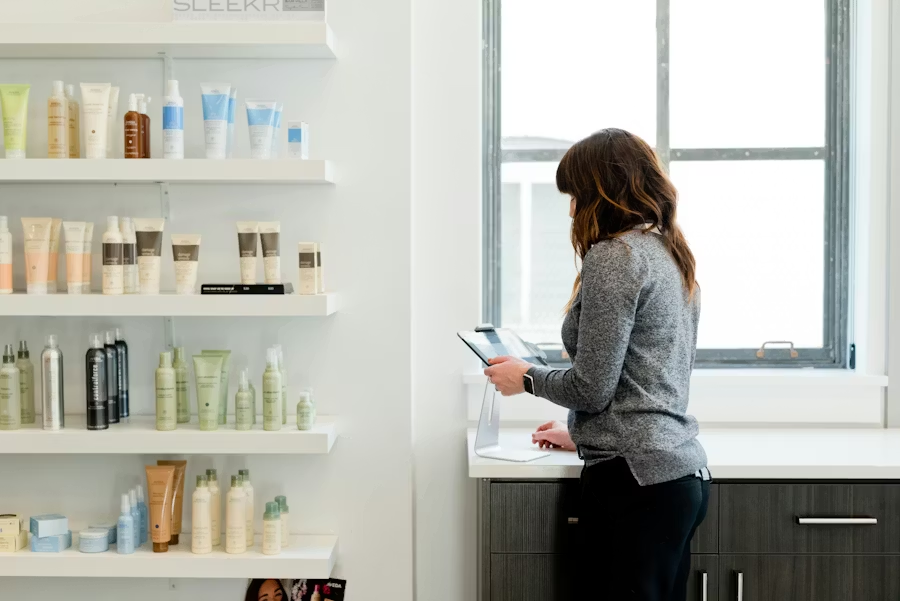
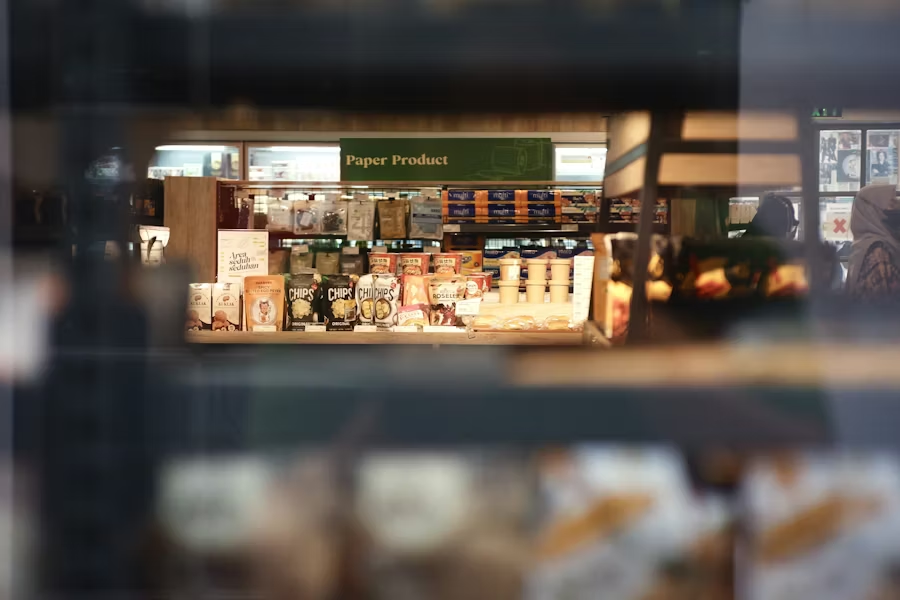
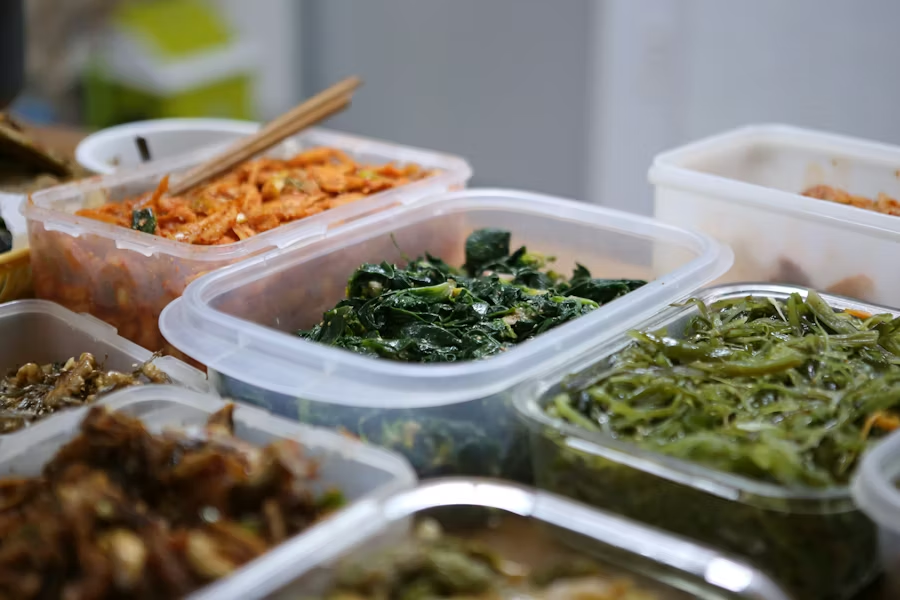



%201.svg)
